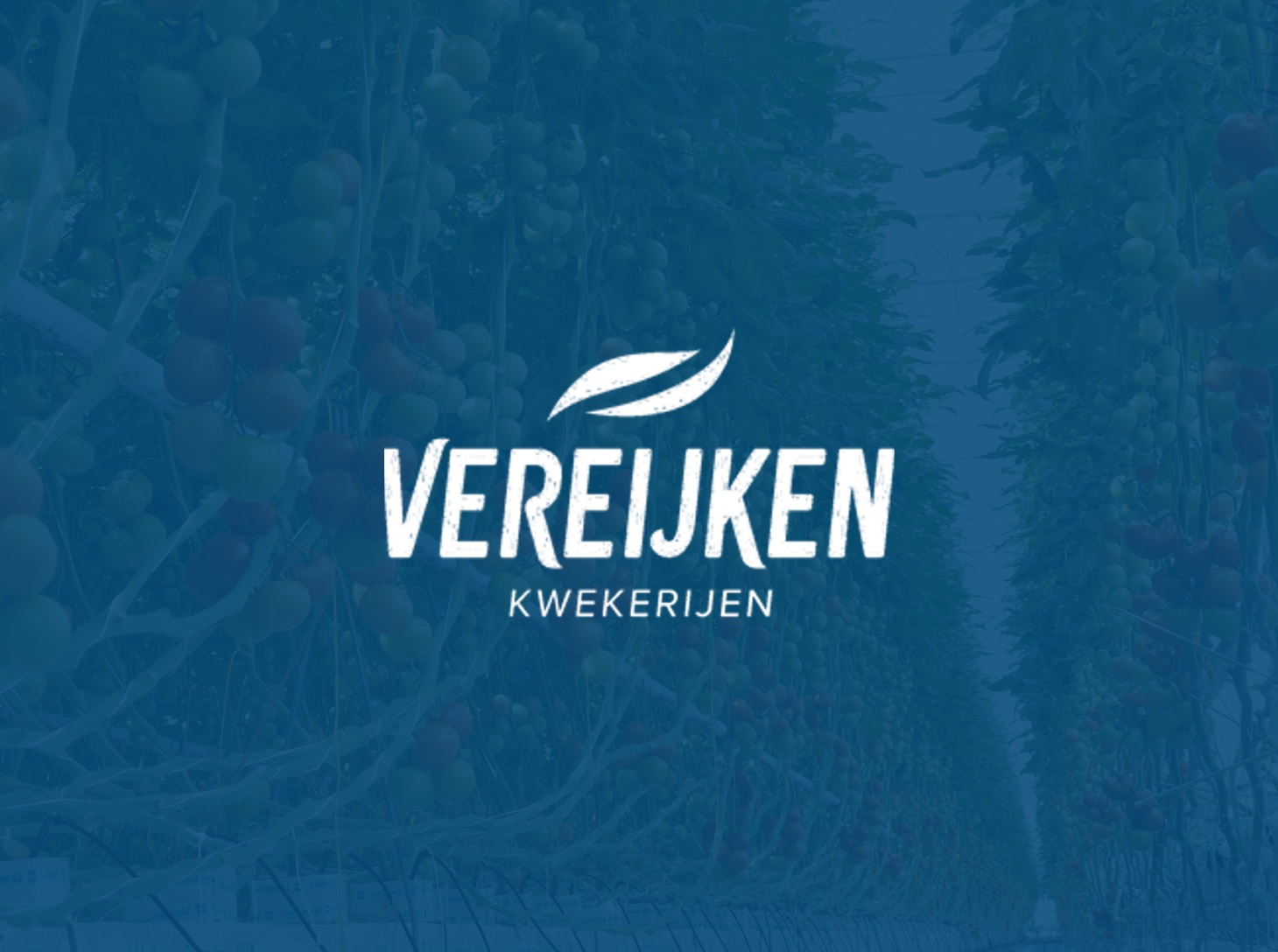Next, this infrastructure was extended by setting up dedicated training, validation, and forecasting pipelines to ensure continuous operability on the Microsoft Azure cloud platform. These pipelines were designed with modularity in mind, facilitating the simultaneous development, evaluation, and deployment of both one day-ahead and intraday forecasting models. Furthermore, a roll-out strategy was implemented to enable the scalability of the models across locations throughout the Netherlands, including entirely new sites without sufficient available data.
Feature importance techniques were used to assess the significance of each variable and to determine the most significant predictors, including factors like irradiation and time of the year. These techniques provide valuable insights for data scientists and business users into what the model has learned from the data and improves the model’s transparency.




